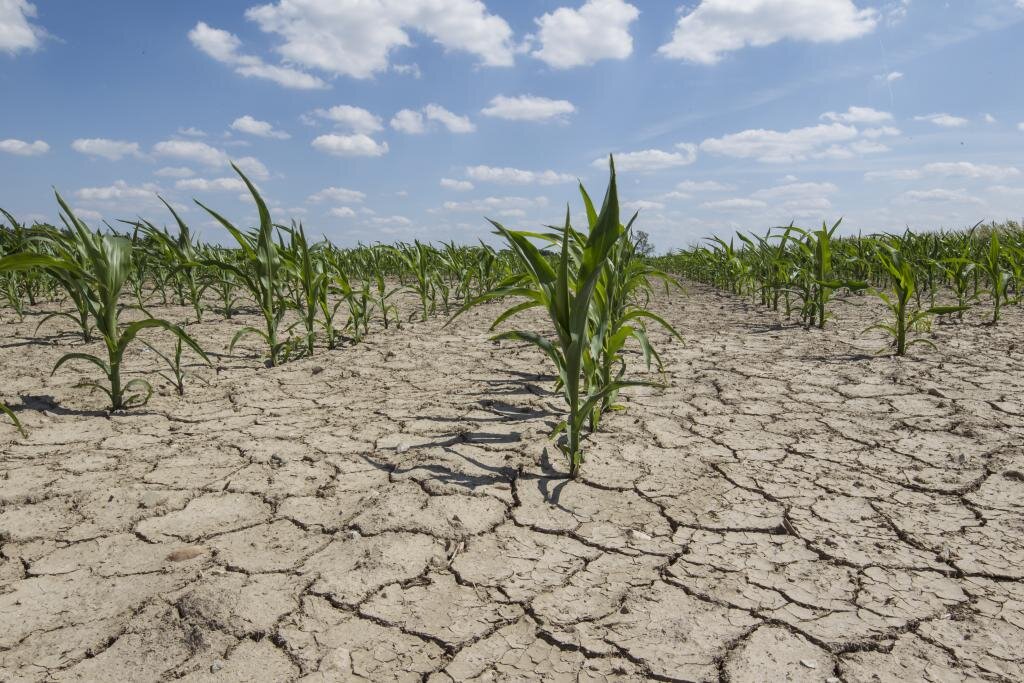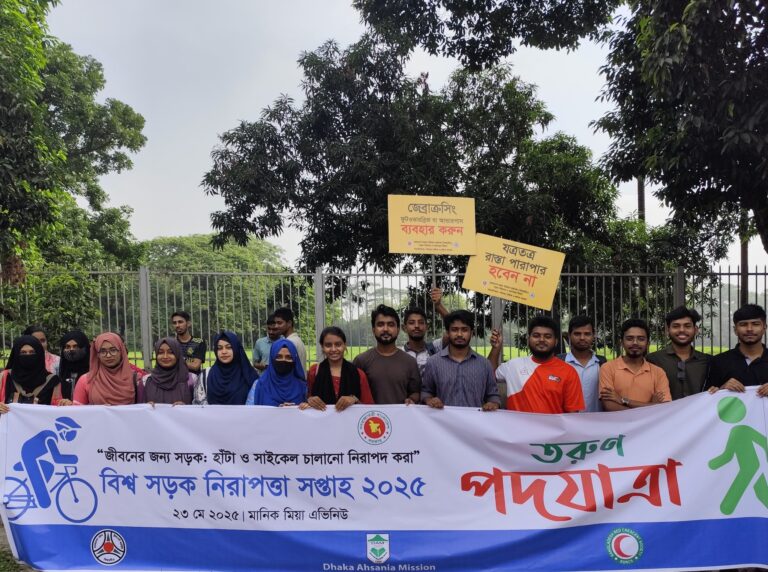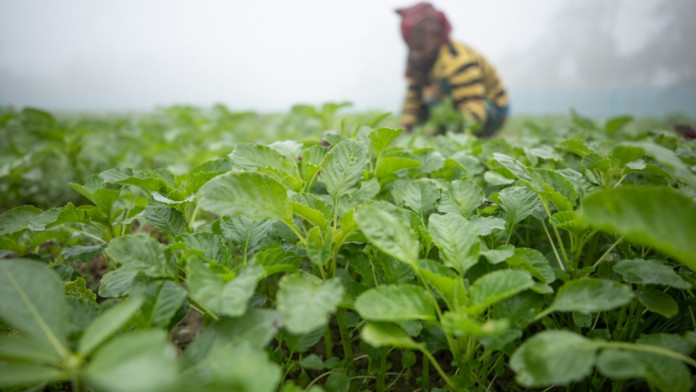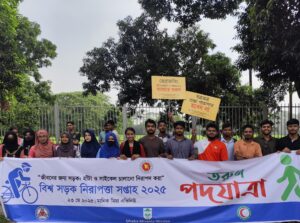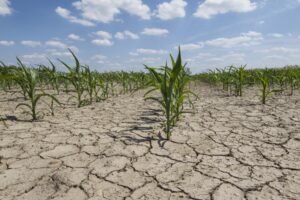
Soil Degradation and Food Security: An Environmental Concern
Healthy soil is essential for growing food, and its ongoing degradation is now a major global concern. From the rice we eat to the vegetables we cook, all of it depends on healthy soil. But what happens when the soil is no longer able to grow food? Today, this is not just a question — it’s a growing reality. Across the world, soil is losing its natural strength and ability to support crops due to human activities and environmental stress. Soil degradation is silently damaging the land we rely on for food, and this is putting global food security at serious risk. This is not just a problem for farmers. It’s a concern for every person on this planet. It’s about the future of food, climate stability, and sustainable living.
What Is Soil Degradation?
Soil degradation means the soil is losing its ability to support plants, crops, and life. It happens when soil loses its productivity and can’t support healthy crops as it used to. This is due to several reasons: erosion from wind and water, which washes away nutrient-rich topsoil; deforestation for farming or construction; overgrazing by livestock; and most of all, overuse of chemical fertilizers and pesticides. Experts estimate that soil degradation now affects over 52% of the world’s farmland. Unsustainable farming practices are making things worse, leading to a vicious cycle of soil degradation and lower crop productivity.
“Many types of soil degradation are invisible – You just don’t see the loss of organic carbon from soils or pollution building up in it until you try to plant crops there”
— Ronald Vargas, Secretary of the Global Soil Partnership at the FAO
How Soil Degradation Affects Food Security?
Food security means having reliable access to sufficient, safe, and nutritious food. But when the soil gets worse, the food supply also suffers. Damaged soil produces fewer crops, and those crops are often lower in quality.
As a result-
- Farmers may not be able to grow enough to feed their families or communities.
- Food prices may rise due to low crop production.
- Poor soil can lead to poor nutrition, as food loses its natural minerals.
- Countries that depend on farming may face economic and social problems.
“Soil degradation isn’t just an agricultural issue — it’s a growing threat to
global food security and environmental sustainability.”
A Global Environmental Concern
Globally, around one-third of the world’s soil is already degraded, according to the UN Food and Agriculture Organization (FAO). In Africa and Asia, including Bangladesh, farmers are already struggling with less productive land, rising food costs, and shrinking harvests. These challenges are signs of a bigger global crisis. Soil degradation does not only affect food — it also affects climate, water, and biodiversity. Healthy soil stores carbon. When it breaks down, carbon is released into the air, making climate change worse. Degraded soil can’t absorb water properly. This causes floods during heavy rain and drought during dry seasons. Soil is full of tiny organisms that help keep the earth alive. Degrading soil destroys these life forms and weakens the ecosystem. This is why soil degradation is no longer just a farming issue. It is a global environmental threat that affects everyone, everywhere
Situation In Bangladesh
In Bangladesh, soil degradation is a growing concern, mainly driven by over-farming, excessive use of chemical fertilizers, and poor land management. According to a report by the Bangladesh Soil Resource Development Institute (SRDI), nearly 52% of the country’s agricultural land is suffering from moderate to severe fertility loss. Continuous cropping without proper soil recovery, especially in densely populated rural areas, has led to nutrient depletion and reduced productivity. Coastal regions are facing additional pressure due to salinity intrusion, which now affects around one million hectares of farmland, making it difficult to grow traditional crops. In hilly regions, deforestation and shifting cultivation have accelerated soil erosion. Urbanization is also contributing to the problem, as around 1% of arable land is lost each year to development activities, shrinking the space for food production. Without urgent measures like soil testing, organic farming, and sustainable land use policies, Bangladesh may face serious threats to food security in the near future.
What Can be done?
There is still hope. Around the world, governments, scientists, and farmers are working to protect soil. Some of the solutions include:
- Using compost and organic fertilizers instead of harmful chemicals
- Practicing crop rotation and mixed farming to keep soil rich and healthy
- Planting trees and cover crops to prevent soil erosion
- Reducing deforestation and protecting natural vegetation
- Educating farmers about better land management techniques
- Promoting research and technology for sustainable agriculture
Every small action can help. Even people living in cities can support this by choosing local, organic food and raising awareness about soil health.
“The condition of our soil today will decide
the strength of our food system tomorrow.”
Without healthy soil, there can be no food, and without food, no future. The time to act is now. Soil is not an unlimited resource – once lost, it takes generations to restore. As climate change and poor land practices continue to degrade soil, our food systems grow more fragile. Bangladesh, like many nations, is already facing the consequences. But with awareness, sustainable farming, and proper land use, we can reverse the damage. Protecting our soil means protecting life – for us, and for generations yet to come.

